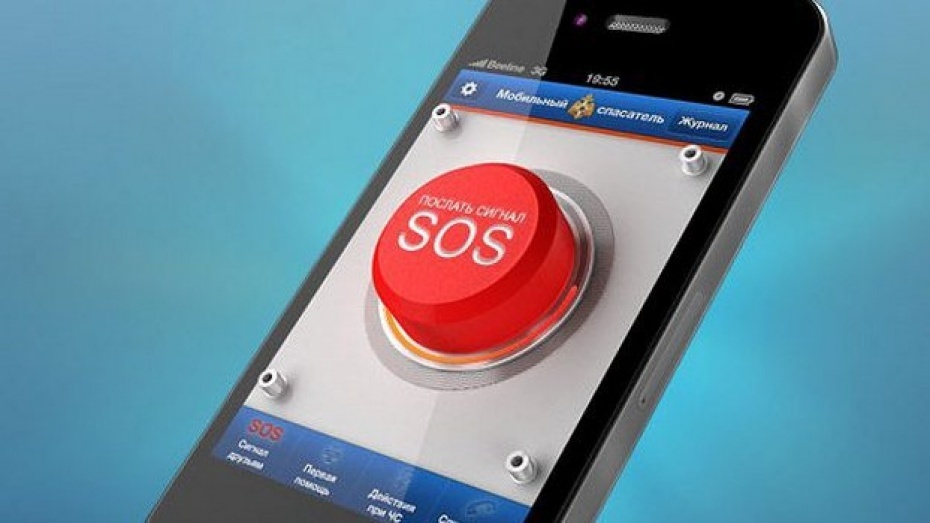Moscow Ministry of Emergency Situations and Moscow mobile operators accuse each other of poor-quality warning of a hurricane
 May 29 in the capital there was a strong hurricane that caused serious losses and destruction. Many Moscow residents were not promptly notified of the impending hurricane and were on the street during a disaster. As a result, 12 people died, including children, and about a hundred more received various injuries.
May 29 in the capital there was a strong hurricane that caused serious losses and destruction. Many Moscow residents were not promptly notified of the impending hurricane and were on the street during a disaster. As a result, 12 people died, including children, and about a hundred more received various injuries.An investigation has already begun, during which it will become clear how the city authorities and the Emergencies Ministry carried out preventive work, why so many people died and suffered in the city, and spent money allocated to strengthen the structures, landscaping yard areas and cut down trees.
An orange level of danger was indeed declared in the capital (high probability of strong natural disasters), but why these announcements were not really widely spread?
')
Ministry of Emergency Situations warned residents about the danger through its website:
at noon on May 29, 2017 on the portal of the Main Department of the Ministry of Emergency Situations of the Russian Federation in Moscow an emergency warning was posted by the FSBI Central UGMS that from 13:30 on May 29 to 7:00 on May 30 in Moscow, heavy rain, thunder, hail and wind are expected gusts up to 22 m / s.Not all residents of Moscow visit the site of the department. Of the big four mobile operators, only Megafon sent out SMS messages about bad weather. Other operators claim that they did not receive anything from the MES. “We didn’t do the newsletter. Mailing is done at the request of the Emergencies Ministry, but we have not received such a request, ”said Tele2 representative Konstantin Prokshin.
Operators say that they are ready to do mailings for free, but the Emergencies Ministry does not provide them with the texts of such messages. The Emergencies Ministry, in turn, claims that it still sent out warnings about the hurricane to all mobile operators.
The regional emergency departments of the Russian Federation are obliged to warn people about emergency situations. The relevant amendments to the law “On the protection of the population from emergency situations” were adopted in 2013.
The head of the Telecom Daily agency Denis Kuskov outlined the very essence of the problem:
Cellular operators have agreements with the Ministry of Emergency Situations at the federal level. And when there is some kind of federal level mailing, it passes through all operators. But it turns out that operators need to have a contractual relationship with each branch of the Ministry of Emergency Situations in a particular city or region. As far as I know, only the Ministry of Emergency Situations and MegaFon have such agreements.“Informing was sufficient. SMS notification was organized, and all operators received the necessary text for distribution. In addition to SMS, information was given in the media, ” said Alexei Vagutovich, head of the information department of the EMERCOM of Russia. At the same time, he noted that SMS sending is “not a panacea”.
"On radio and television it was reported that the orange level of danger," - said the representative of the Ministry of Emergency Situations. When asked how to warn those who do not have television and radio, Vagutovich followed the following reaction:
“Why should we? Information is given - who wants it gets it. And if you can't read, what can I do with you then? ”
Telecom experts believe that the Ministry of Emergency Situations is not able to organize an effective alert system, since they do not keep up with the times in technology.
Now many residents of Moscow are turning to insurance companies, not even realizing that not everyone should be paid.
For example, the CTP insurance policy does not provide for payments as a result of natural disasters or other unforeseen circumstances. Only owners of the CASCO policy can count on full compensation, and even then, if the damage from natural disasters is registered in it, life.ru notes .
Source: https://habr.com/ru/post/370507/
All Articles